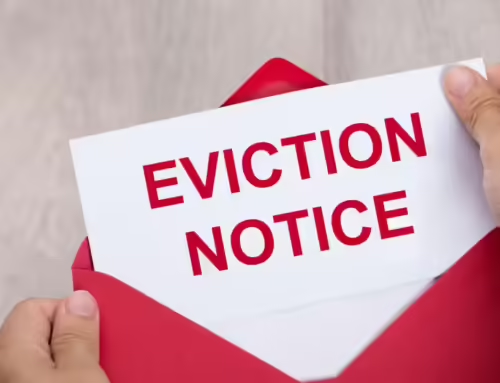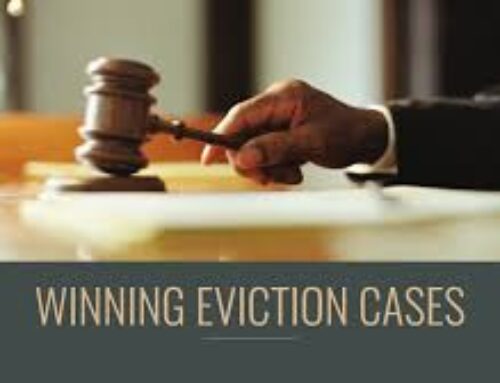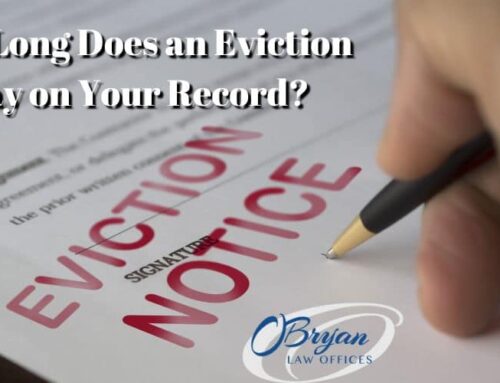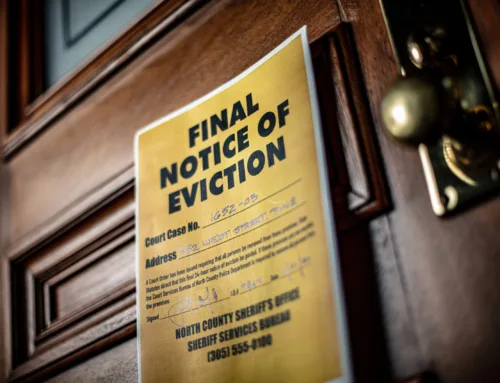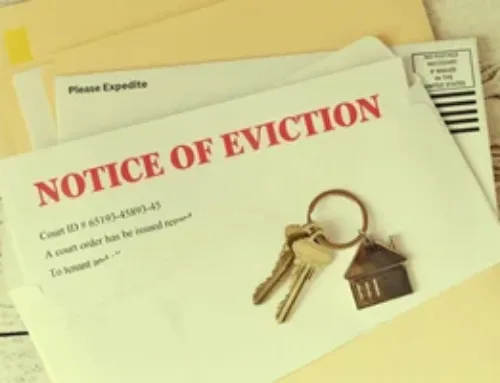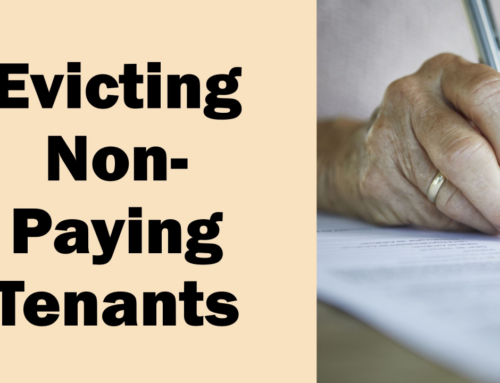Eviction is a legal process that can be distressing for both landlords and tenants. Understanding the common reasons for eviction can help tenants take proactive steps to maintain their tenancy while allowing landlords to enforce their rights. This blog will outline the typical reasons for eviction and provide strategies to avoid these situations.
Common Reasons for Eviction
1. Non-Payment of Rent
One of the most prevalent reasons for eviction is non-payment of rent. When tenants fail to pay their rent on time, landlords may feel compelled to take legal action to reclaim their property.
How to Avoid:
- Set a Budget: Tenants should create a monthly budget that includes rent, utilities, and other expenses to ensure they can meet their financial obligations.
- Communicate: If a tenant is facing financial difficulties, it’s essential to communicate with the landlord. Many landlords are willing to work with tenants who demonstrate a genuine effort to pay.
2. Violation of Lease Terms
Lease agreements contain specific terms that both parties must adhere to. Violations can include unauthorized pets, smoking in non-smoking units, or unauthorized occupants.
How to Avoid:
- Read the Lease: Tenants should thoroughly read and understand their lease agreement before signing. If there are any unclear terms, they should seek clarification from the landlord.
- Follow the Rules: Adhering to all lease terms is crucial. If tenants have questions about specific policies, they should consult their landlord before taking action.
3. Property Damage
Damage to the property beyond normal wear and tear can lead to eviction. This includes intentional damage, neglect, or failure to maintain the property.
How to Avoid:
- Maintain the Property: Tenants should treat the rental property with respect and promptly report any maintenance issues to the landlord.
- Document Condition: Taking photos before moving in and after moving out can help tenants protect their security deposits and avoid disputes over damage.
4. Illegal Activities
Engaging in illegal activities, such as drug use or distribution, can lead to immediate eviction. Landlords have a responsibility to maintain a safe environment for all tenants.
How to Avoid:
- Be Aware of Local Laws: Tenants should familiarize themselves with local laws and avoid any activities that could be deemed illegal or disruptive.
- Choose a Quiet Lifestyle: Maintaining a low profile and respecting neighbors can help foster a good relationship with the landlord and avoid conflicts.
5. Nuisance Behavior
Consistently disruptive behavior, such as loud parties, excessive noise, or harassment of neighbors, can result in eviction. Landlords want to ensure a peaceful environment for all tenants.
How to Avoid:
- Be Considerate: Tenants should be mindful of their noise levels, especially during late hours. Respecting neighbors and maintaining a peaceful atmosphere is essential.
- Address Complaints Promptly: If a landlord or neighbor raises concerns, addressing them quickly and respectfully can prevent further issues.
Conclusion
Understanding the common reasons for eviction can empower tenants to take proactive measures to maintain their tenancy. Open communication with landlords, adherence to lease agreements, and responsible behavior are critical components of a successful landlord-tenant relationship. By being informed and proactive, tenants can minimize the risk of eviction and contribute to a positive living environment. Contact us and know about CASH4HOUSES.
FAQs
Q: Can a landlord evict a tenant for any reason?
A: No, landlords must follow local laws and provide valid reasons for eviction, such as non-payment of rent or lease violations.
Q: How much notice must a landlord give before evicting a tenant?
A: Notice requirements vary by state and the reason for eviction. Typically, landlords must provide at least a few days to several weeks’ notice, depending on local laws.
Q: Can tenants dispute an eviction notice?
A: Yes, tenants can contest an eviction in court. It’s important to respond promptly and provide evidence to support their case.
Q: What should a tenant do if they receive an eviction notice?
A: Tenants should carefully read the notice, understand their rights, and consider seeking legal advice if they believe the eviction is unjust.
Q: Are there any protections for tenants during the eviction process?
A: Many states have laws that protect tenants, such as requiring a legal process for eviction and preventing landlords from using “self-help” methods like changing locks without notice.
By understanding the reasons for eviction and taking proactive steps, both tenants and landlords can foster a respectful and harmonious rental relationship.




